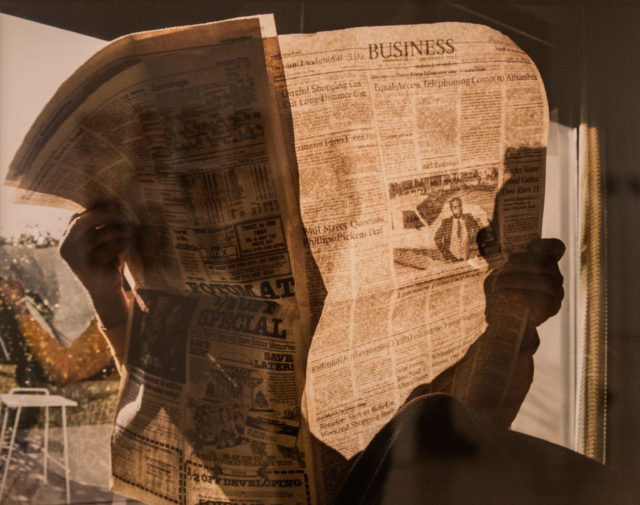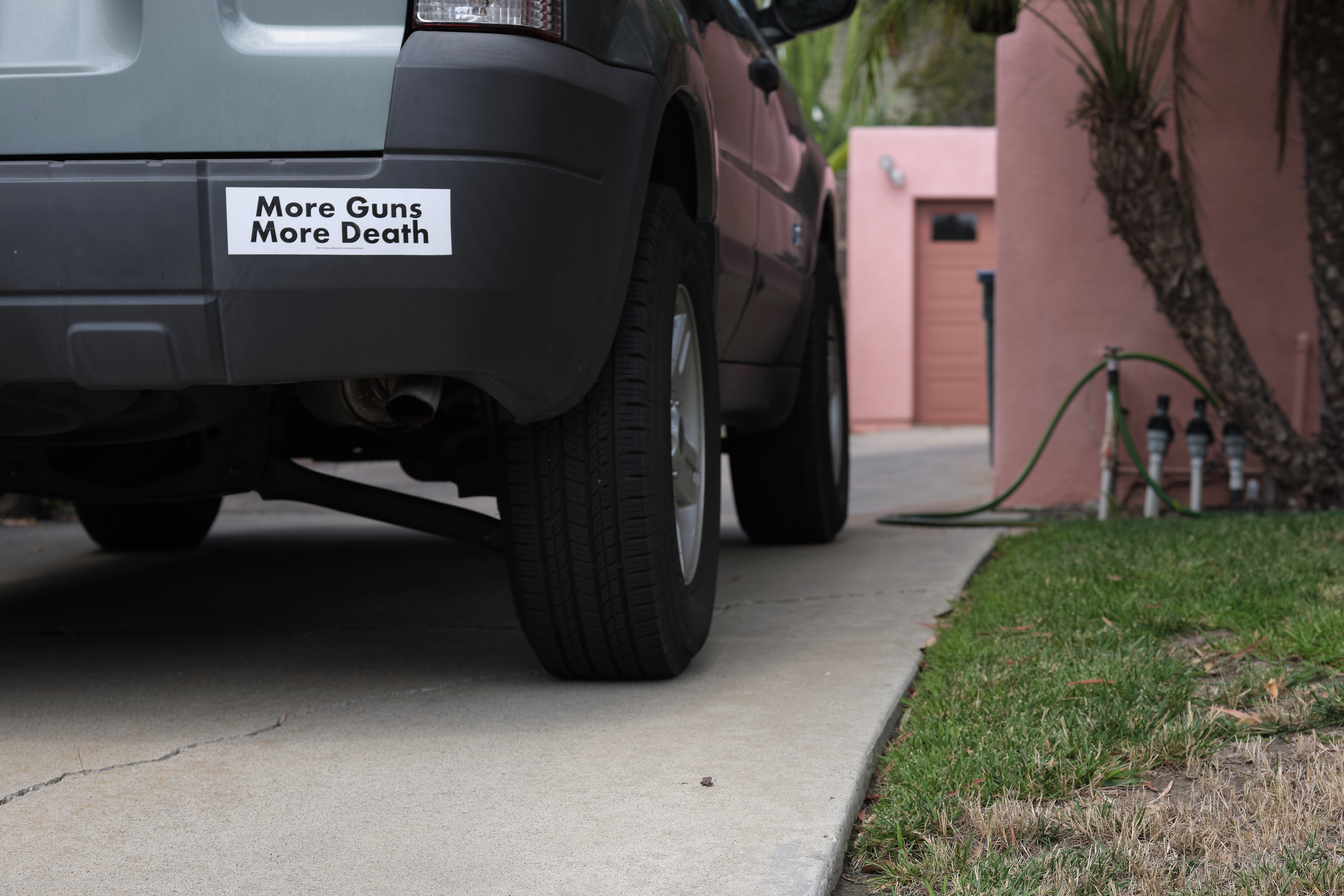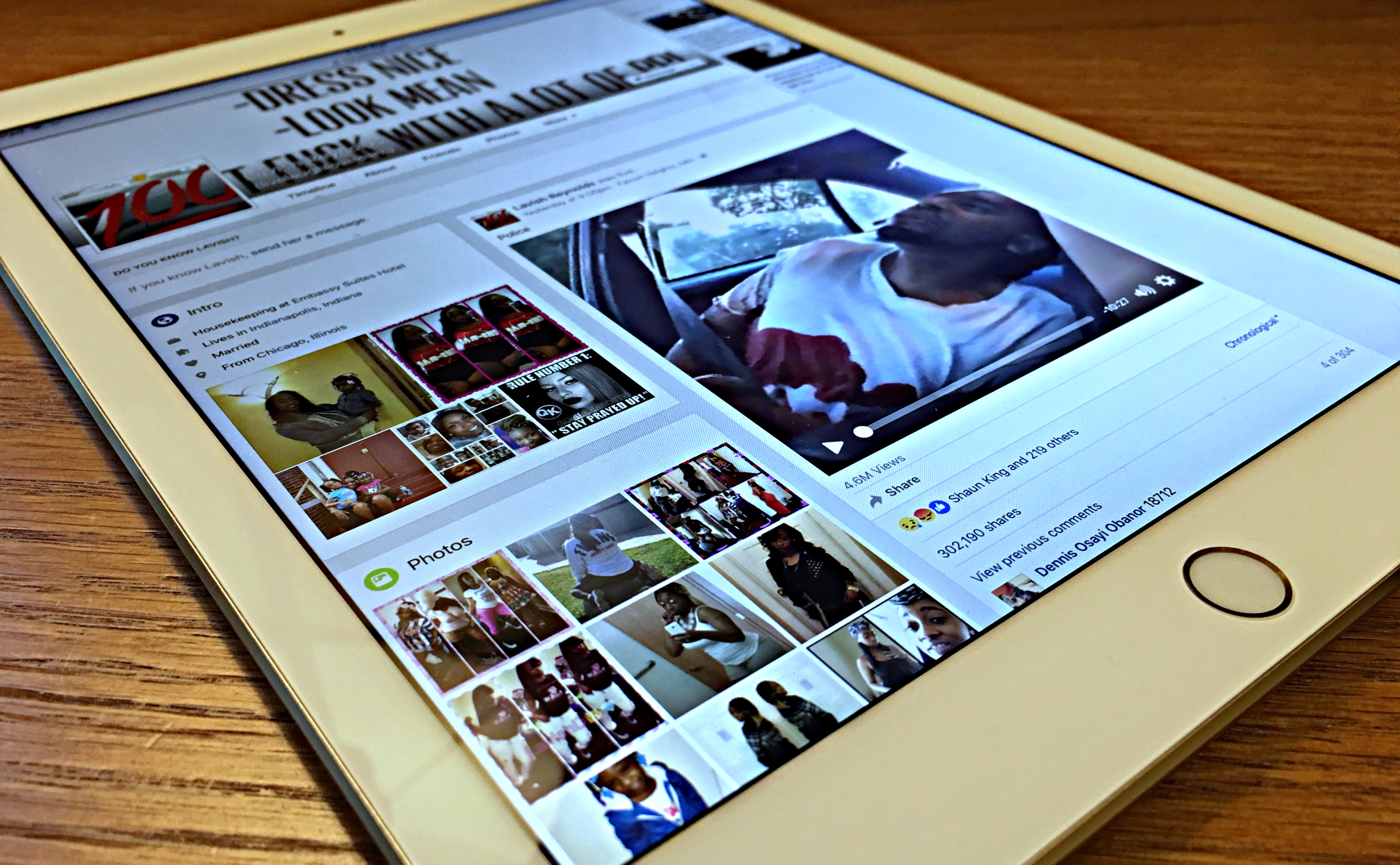How unexpected. While cleaning up old files, I found this list created on June 13, 2011, for tech-sector news reporters that I supervised. I wouldn’t make many changes more than eight years later—qualification: for organizations solely focused on breaking news that primarily is original content. Looking ahead to 2020, in a revised list meant for a broader scope of content creators, I would put considerably more emphasis on mainly generating original content—as you will see in a follow-up post closer to the new year.
The original list was supposed to be 25 items, but dumb-butt me made a mistake and wrote two different items for eighteen. I corrected the numbering, and now the list is twenty-six. I also made a change to the second-to-last.











